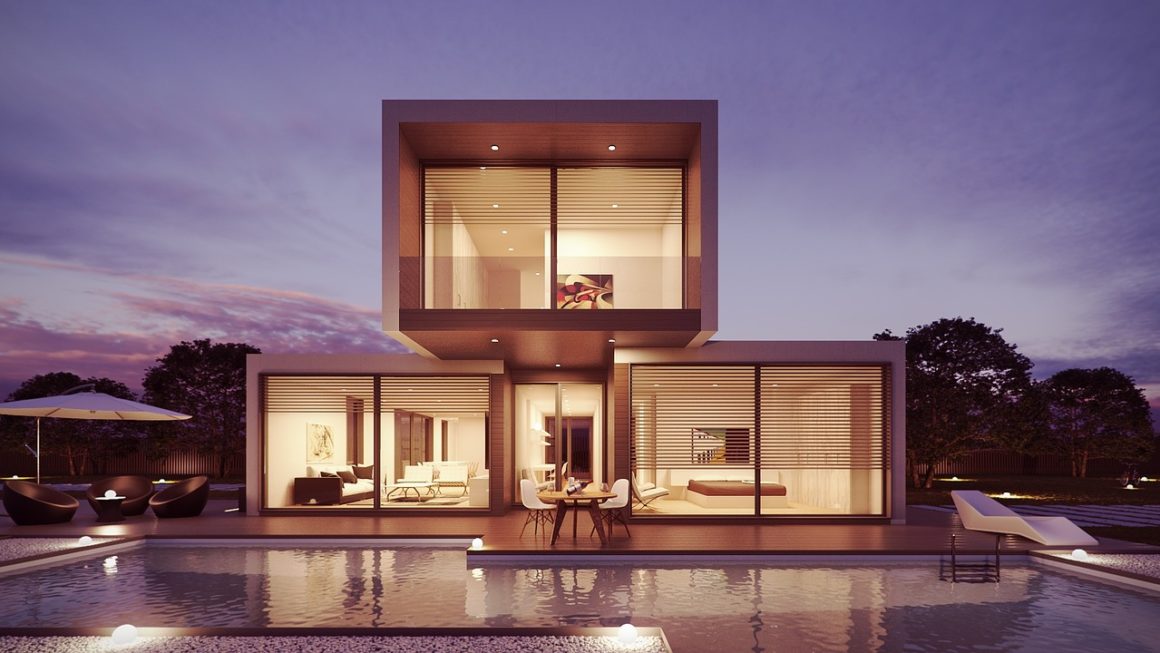
How Much Can I Afford To Spend On A House ??
A few months ago I started the process of “house hunting.” Personally, I find the whole process – looking, bidding, mortgage shopping, insurance, etc. way too stressful. Forget about packing and moving – that’s a nightmare! One of the first questions I asked myself starting out was “how much house can I afford”; however, that’s not really the question I should have been asking. The price of the house is really just one part of the puzzle. The real question to be asking is how much of a “monthly payment” can I afford.
“Monthly payment” is composed of mortgage payment, insurance, property taxes and homeowners association fees. In addition, if you don’t have a 20% down payment you will need private mortgage insurance or a “Physician Mortgage.” To figure out your “monthly payment” its helpful to use a mortgage calculator like the one here. Enter important information such as price, down payment, interest rate, etc. and it calculates a “monthly payment.”
The font-end and back-end ratios
When trying to determine how much house a borrower can afford, banks often rely on 2 ratios: The front-end ratio and the back-end ratio. Assuming your credit score is “good” banks will lend you an amount that produces a monthly payment that is the lessor of the two ratios. Lets take a closer look.
To calculate your front-end ratio, take your monthly pre-tax income and then multiply that amount by 28%. If your annual pre-tax income is $100,000, take your monthly income ($8,333) and multiply by 0.28 to get $2,333. This would be your maximum front-end “monthly payment” (mortgage payment, insurance, property taxes, home owners association, etc.). Where did the 28% of monthly pre-tax income come from? It’s an industry standard, but the percent is not set in stone. Depending on factors such as your credit history it can be higher or lower. The same is true for the back-end ratio we will use next.
Calculating the back-end ratio is a slightly more complicated 3-step process. First you have to add up all your monthly expenses such as: auto payments, student loans, credit cards minimum payments, child support, etc. Secondly, take your monthly pre-tax income and then multiply it by 36%. Finally, subtract your monthly expenses from this amount to arrive at your maximum back-end “monthly payment.” To continue our example from above, lets assume your annual pre-tax income is $100,000 and between student loans and a small credit card balance your monthly expenses are $600. You would take your monthly income ($8,333) and multiply by 0.36 to get $2,999. We would then subtract $600 from $2,999 to get $2,399.
Since your front-end maximum “monthly payment” is $2,333 and your back-end maximum “monthly payment” is $2,399, the maximum most banks would lend you is an amount that would produce a monthly payment of $2,333. So you see, cost is just one thing to consider when house hunting; the down payment, interest rates, monthly expenses and other factors go into determining the amount a bank will lend you.
But how much should I spend?
We have looked how banks determine the maximum they will lend you for a house, but does that mean you should actually spend that much – probably not. These should be seen as absolute maximums. I looked for a home where my “monthly payment” + utilities was less than 20% of my monthly pre-tax income. If you spend any more than this you will find it difficult to save for retirement, put money away for children’s education, go on vacation, etc.
One final word, realtors will often expound on the fact that houses are wonderful investments. This is true to a point. Homes do tend to appreciate – but are they really an investment? My 401K never needs a new roof. My IRA’s air-conditioner never needs replacement. I don’t paint my mutual funds. Homes are an expense. One rule of thumb suggests that you should put 1% – 3% of the value of a home aside each year for expected maintenance. For an investment, that’s a lot of expense. Stick with what you can comfortably afford. Don’t be “house poor.” There are too many other things in life to do.





4 Comments
Pingback:
Pingback:
Pingback:
Pingback: